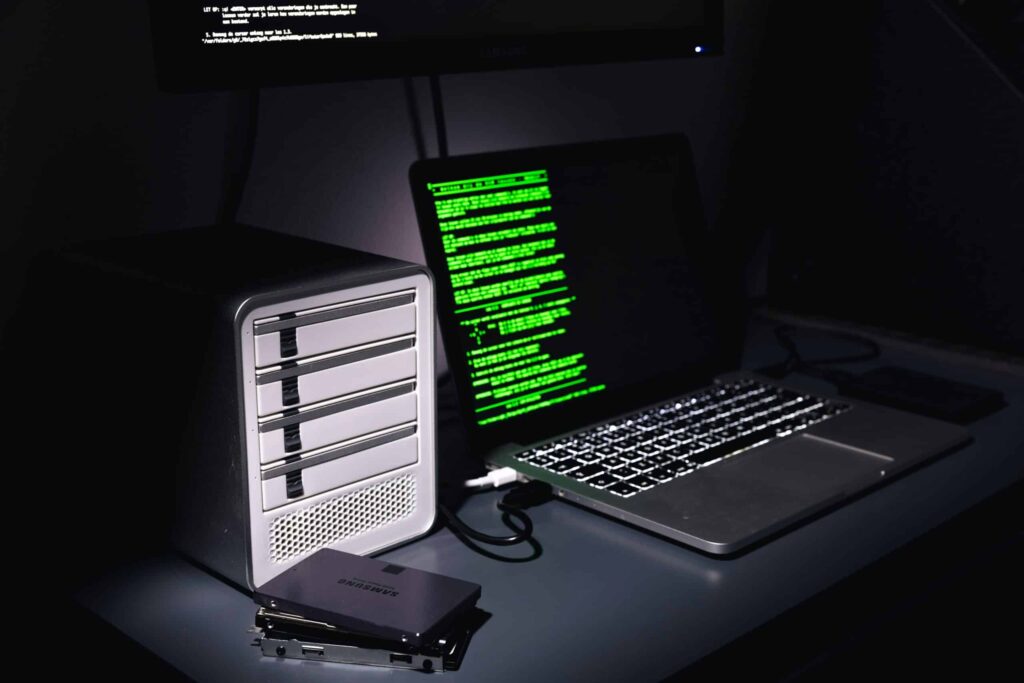Introduction
In today’s digital-first society, cybersecurity is not just an IT concern—it’s a national priority. Australia, like many nations, is rapidly expanding its cybersecurity capabilities to counter increasing threats targeting its government, infrastructure, businesses, and citizens.
This article explores the best cybersecurity training options in Australia, covering:
- Top university degree programs
- Internationally respected certifications
- Hands-on ethical hacking qualifications
- Standards-based compliance training (ISO 27001)
Whether you’re a student, career-changer, or IT professional looking to specialize, this guide will help you navigate your learning journey with clarity.
Top Cybersecurity Degree Programs in Australia
Australia is home to several prestigious universities offering cybersecurity degrees that combine technical expertise, hands-on training, and industry partnerships.
1. University of New South Wales (UNSW) – Master of Cyber Security
UNSW’s cyber security program is one of the most comprehensive in Australia. It offers deep technical training alongside strategic and legal modules.
- Focus Areas: Cryptography, digital forensics, incident response, and cyber law
- Flexibility: Online or on-campus
- Industry ties: Aligned with ACSC and Defence Sector
Ideal for: Those seeking a blend of leadership, technical, and strategic cyber skills.
2. University of Melbourne – Master of Information Technology (Cybersecurity)
Ranked among the top universities globally, University of Melbourne’s program combines advanced theory and real-world application.
- Specialisations: Secure software development, risk assessment, penetration testing
- Capstone Projects: Industry-sponsored challenges
Ideal for: Professionals aiming for a technical career in enterprise or government cybersecurity.
3. Monash University – Master of Cybersecurity
Monash University’s offering is tailored to bridge the gap between theory and industry practice.
- Includes: Governance, AI in security, and cybercrime analytics
- Features: Work-integrated learning (WIL), internships with tech companies
Best suited for: Those seeking hands-on experience alongside academic study.
4. Queensland University of Technology (QUT) – Master of IT (Cybersecurity and Networks)
QUT focuses on cyber operations, network defence, and incident response.
- Highlights: Practical threat simulations, red-blue team labs
- Accredited: By Australian Computer Society (ACS)
Recommended for: Network engineers and SOC professionals upgrading their cyber credentials.
5. Edith Cowan University (ECU) – Bachelor & Master of Cyber Security
ECU is home to Australia’s largest cyber security research centre (SecEDU) and is recognised by the Australian Government as a Cyber Security Centre of Excellence.
- Strengths: Dedicated cyber range, world-class faculty, industry placements
Perfect for: Undergraduate and postgraduate students looking for research-driven education.
Leading Cybersecurity Certifications in Australia
Formal degrees are important—but professional certifications offer fast-tracked, career-ready skills, often required in private and public sector roles.
Certified Ethical Hacker (CEH)
- Issued by: EC-Council
- Skills: Penetration testing, vulnerability scanning, malware analysis, footprinting
- Exam: Multiple-choice + optional practical exam (CEH Practical)
Why CEH in Australia?
CEH is widely accepted across government and commercial cybersecurity jobs, especially for roles in penetration testing and red teaming.
Cost: AUD $3,000–$4,500
Level: Intermediate
Certified Penetration Testing Professional (CPENT)
- Issued by: EC-Council
- Format: 24-hour practical exam simulating multi-layer network attacks
- Recognition: Those scoring 90%+ earn the LPT (Licensed Penetration Tester) credential
Why CPENT?
Australia’s growing offensive cyber units and consulting firms value practical, advanced certifications like CPENT.
Cost: AUD $4,000–$5,000
Level: Advanced
ISO/IEC 27001 Lead Implementer & Lead Auditor
As Australian businesses prepare for compliance with national and international standards, ISO 27001 certifications are becoming essential.
- Lead Implementer: Teaches how to build and manage an ISMS
- Lead Auditor: Prepares you to assess, audit, and certify ISMS frameworks
Widely adopted by: Financial institutions, healthcare providers, defence contractors, and consultants
Cost: AUD $2,500–$3,800 each
Ideal for: GRC professionals, consultants, and internal auditors
CISSP – Certified Information Systems Security Professional
- Issued by: (ISC)²
- Focus: Security strategy, operations, architecture, and risk
- Standard: Globally recognised as a benchmark for information security professionals
Best for: Mid-to-senior security leadership roles
Cost: AUD $1,200 (exam only) + training costs
CompTIA Security+
- Entry-level certification
- Covers: Threats, attacks, risk mitigation, secure system architecture
Popular for: Graduates, military veterans, and professionals entering the cyber field
Cost: AUD $600–$900
Cyber Skills in Demand in Australia
According to AustCyber and ACSC, the most in-demand cybersecurity competencies in Australia include:
- Cloud security (AWS, Azure)
- Penetration testing & vulnerability assessment
- Security operations (SOC analyst roles)
- Incident response and digital forensics
- Cyber risk and compliance (GRC)
- Threat intelligence and malware analysis
Government and Industry Support for Training
Australia is investing heavily in national cyber uplift programs, including:
- Cyber Security Skills Partnership Innovation Fund
- Digital Skills Cadetship Trial
- Traineeships in Cyber Security (TAFE and VET)
- Job-ready subsidised training in conjunction with AustCyber and regional councils
Many employers also sponsor certifications or reimburse training as part of workforce development.
How to Choose the Best Training Path
| Career Goal | Recommended Training Path |
| Ethical Hacker / Pen Tester | CEH → CPENT or OSCP |
| Cybersecurity Manager / Consultant | CISSP or CISM + ISO 27001 Lead Implementer |
| GRC / Compliance Professional | ISO 27001 Lead Auditor + CISA |
| Entry-level Analyst / Graduate | CompTIA Security+, Bachelor of Cyber Security |
| Academic or Research Career | Master’s Degree (ECU, UNSW, Monash, UMelb) |
| Defence / Government Sector | CEH, CISSP, NV1/NV2 Clearance, ASD-endorsed training |
Conclusion
Australia’s cybersecurity education and certification ecosystem is mature, diverse, and globally aligned. Whether you want to become an ethical hacker, compliance specialist, SOC analyst, or strategic security leader, you have access to world-class universities, hands-on certifications, and government-supported pathways.
Cybersecurity is more than a profession in Australia—it’s a mission. And with the right training, you can be part of the frontline that protects our digital future.





